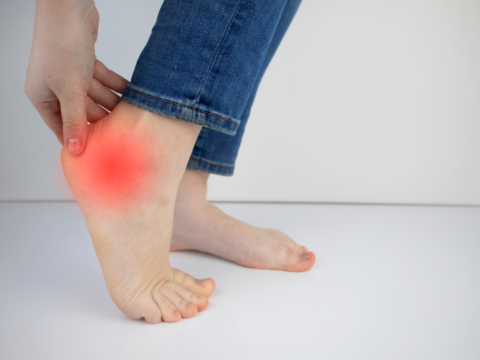Estrogen and tendinopathies for Women

Estrogens, a group of steroid hormones primarily produced in the ovaries, have been implicated in various physiological processes in the female body, including bone health, cardiovascular function, and reproductive function. They also play a role in connective tissue health, which includes tendons.
Tendons are tough bands of fibrous connective tissue that connect muscles to bones, and they play a crucial role in movement and joint stability. Tendinopathies refer to a range of tendon disorders, such as tendinitis (inflammation of a tendon) and tendinosis (degeneration of a tendon), which can lead to pain, stiffness, and decreased function.
While the exact mechanisms by which estrogens influence tendons are not fully understood, research suggests that estrogens may have both direct and indirect effects on tendon structure and function in women:
-
Collagen metabolism: Estrogens have been shown to influence collagen metabolism, the main structural protein in tendons. Estrogens may affect the synthesis, organization, and turnover of collagen fibers within tendons, thereby influencing tendon strength and elasticity.
-
Inflammatory response: Estrogens have anti-inflammatory properties and can modulate the inflammatory response in tissues, including tendons. Inflammation is often associated with tendinopathies, and estrogen levels may impact the severity and duration of inflammation within tendons.
-
Vascularization: Estrogens can influence the blood supply to tissues, including tendons. Adequate blood supply is essential for tendon health as it delivers oxygen and nutrients and removes waste products. Estrogens may affect the vascularization of tendons, thereby influencing their overall health and healing capacity.
-
Mechanical properties: Estrogens may influence the mechanical properties of tendons, including their stiffness and tensile strength. Changes in estrogen levels, such as those occurring during the menstrual cycle, pregnancy, or menopause, may impact tendon biomechanics and susceptibility to injury.
-
Receptor-mediated effects: Estrogens exert their effects through estrogen receptors, which are present in various tissues, including tendons. Estrogen receptors have been identified in human tendon tissue, suggesting that estrogens may directly affect tendon cells and their function.
It’s important to note that while estrogens may influence tendon health and susceptibility to tendinopathies in women, other factors such as age, physical activity level, genetic predisposition, and comorbidities also play significant roles. Additionally, the relationship between estrogen levels and tendinopathies is complex and may vary among individuals.
Further research is needed to fully elucidate the mechanisms by which estrogens influence tendon health and to explore potential therapeutic interventions targeting estrogen signalling pathways for the prevention and treatment of tendinopathies in women.
